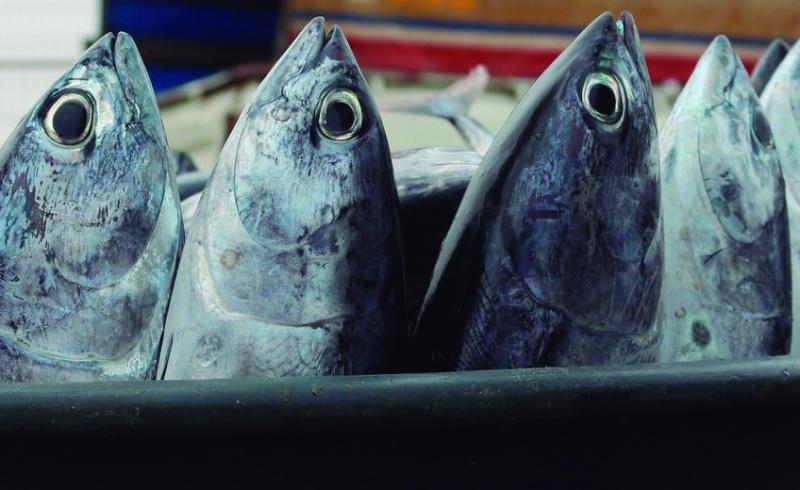Africa-Press – Cape verde. The Food and Agriculture Organization of the United Nations (FAO) warns that currently 46% of fishing stocks in the country are being exploited at unsustainable levels due to the use of inadequate equipment and the capture of juveniles. Faced with this situation, FAO emphasizes the need for the country to invest in fishing techniques that do not depend on the capture of juveniles, such as seines, to avoid excessive fishing of species intended for use as live bait.
Speaking to Expresso das Ilhas, via email, FAO warns about the situation of fishing resources in Cape Verde, highlighting the scarcity of live bait as one of the main obstacles to sustainable fishing, especially with regard to tuna, a of the country’s main fisheries.
“Cape Verde, due to its situation as an archipelago in the middle of the Atlantic Ocean with a small continental shelf, lack of rain and far from the productive areas called “upwelling”, does not present conditions for a great potential of resources, especially if we talk about pelagic species used as bait, the scarcity of which puts into question the very capture of tuna by artisanal fishermen”, he explains.
The phenomenon of climate change has also directly impacted fishing in Cape Verde, affecting tuna migration and reducing the resilience of marine ecosystems.
FAO, through the NANSEN Program (2017-2021), carried out a campaign in the country in partnership with the Institute of the Sea, Marine Research in Bergen, Norway, and two other regional institutes.
This campaign, carried out from 20 November to 15 December 2021, provided new data on the abundance of small pelagic species, such as Mackerel and Chicharro, compared to previous data from 2011, also revealing high biodiversity in some catches.
“In our geographical area of the Eastern Atlantic, FAO has developed several studies through the COPACE Fisheries Committee and it is known that currently 46% of stocks are exploited at unsustainable levels through the use of inappropriate devices for capturing juveniles. Therefore, Cape Verde should invest in the introduction of fishing techniques that do not depend on the capture of juveniles, such as, for example, siege in order to avoid excessive fishing of specimens of species for use as live bait”, he recommends.
Furthermore, the organization encourages Cape Verde and other countries to adopt measures to combat illegal, unreported and unregulated fishing.
It also recommends the implementation of co-management practices or shared management of fisheries, aiming to reconstitute over-exploited stocks and increase the contribution of fishing to food security and the well-being of coastal communities.
It also encourages the reduction or maintenance of the size of the fishing fleet, something that Cape Verde has sought to achieve through legal control of the entry of vessels, such as the non-authorization of trawling vessels due to their consequences on the country’s marine ecosystems.
Enter aquaculture
To reduce pressure on fishing resources, FAO advises effective control over the exploitation of fishery resources, monitoring of resources, and strengthening supervision. Furthermore, the application of the Ecosystem Approach to Fisheries and the precautionary principle are fundamental to ensuring the sustainability of fisheries.
“Another aspect that we think the country could pursue in the future is the introduction of aquaculture to minimize pressure on resources and resolve the shortage of bait for tuna fishing, introducing species adapted to the country that do not cause damage to the environment. and whose production technology is already monitored”, he explains.
FAO has been implementing the Sustainable Fish Value Chains for Small Island Developing States Project, with funding from the Ministry of Oceans and Fisheries of the Republic of Korea.
In Cape Verde, it is implemented on the islands of Santiago, São Vicente and São Nicolau, and aims to improve the value chains of Black Mackerel and small Tunas.
The objective is to improve opportunities for the Black Mackerel value chain in Cape Verde and increase its sustainability and competitiveness.
For More News And Analysis About Cape verde Follow Africa-Press






